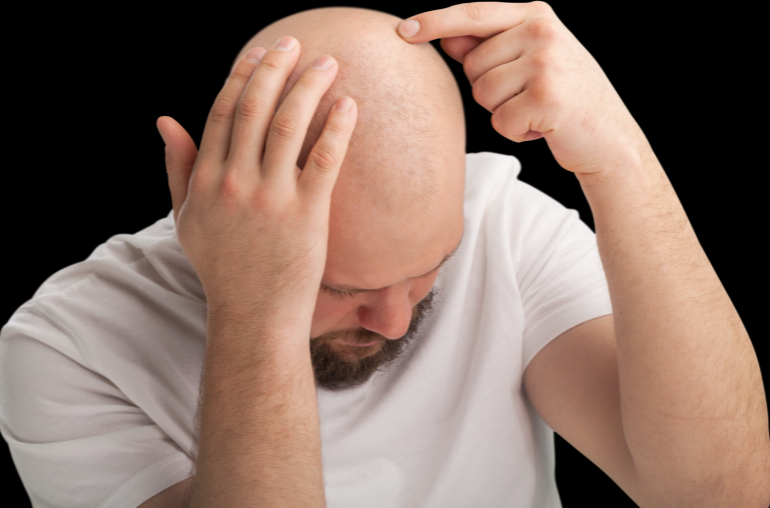
Table Of Content
-
Is CoolSculpting Safe?
-
How Should I Wash My Hair?
-
Is the Healing Process Painful After a Hair Transplant?
-
How Can I Speed Up the Healing after a Hair Transplant?
-
After Hair Transplant: What Can and Cannot Do?
-
How Do You Sleep After an FUE Hair Transplant?
-
Can I Drink Alcohol After a Hair Transplant?
When Can I Go Back to Work?
After three weeks of hair transplant surgery, you may return to work. Any acts or practices that may trigger sweating should be discouraged or avoided entirely. Sweat will irritate the delicate surgical site, resulting in bleeding and infection. As soon as you notice that your recovery is nearly complete, you can resume your normal activities.

How Should I Wash My Hair?
You must carefully wash your hair when bathing, without pouring water or applying pressure to the region where the follicles are planted. You should wash the transplanted roots’ position with a bottle or a small container on the third to fifth day after the operation. You should softly brush the roots with the tips of your fingertips while bathing during the second and third days of the treatment. Avoid plucking the stems that have been transplanted.Avoid pushing the planted roots by combing your hair slowly and softly. During the first two weeks, try to avoid using hair dryers, particularly those that blow hot air. After the flakes around the planted roots have fallen off, you can dye, shave, or curl your hair.
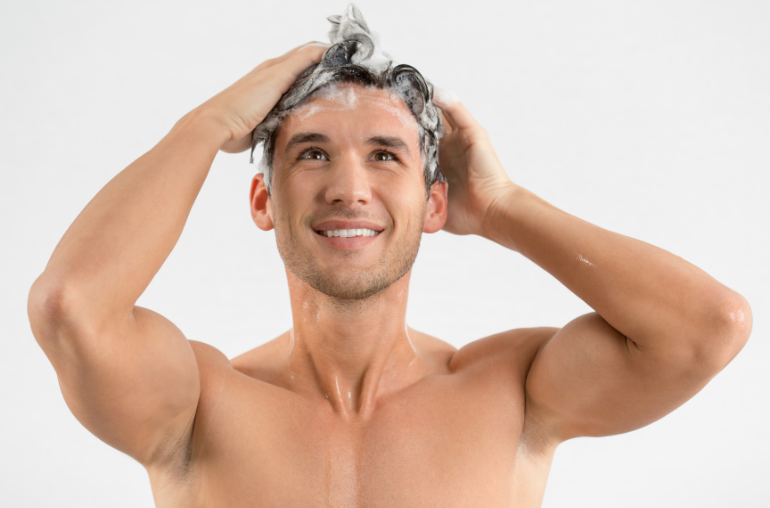
Is the Healing Process Painful After a Hair Transplant?
You don’t have to suffer from the healing process. You get pain medication for the first two nights after the surgery. These drugs help you to relax and regulate the pain. You will be given a prescription of prescriptions that you will take according to the doctor’s instructions.
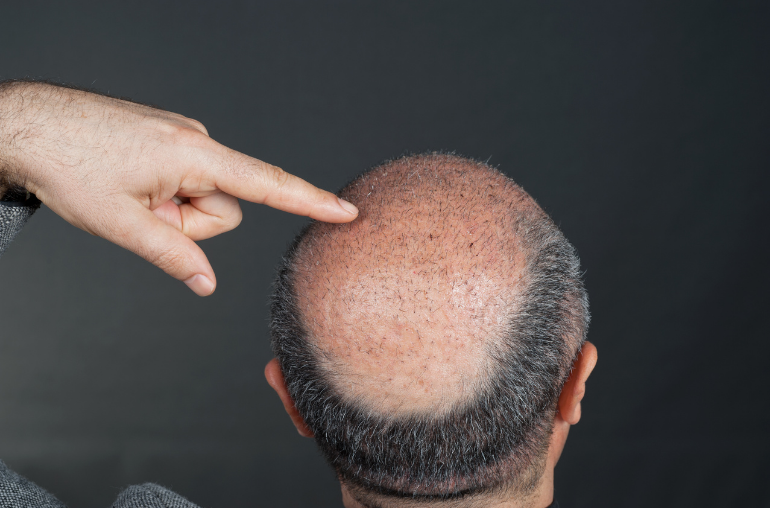
How Can I Speed Up the Healing after a Hair Transplant?
- Keep the area moist without letting the area get either too wet or too dry.
- Keep swelling to a minimum. Taking an anti-inflammatory or other pain medication prescribed by your doctor will help minimize swelling and irritation. A bag of frozen peas or cold pack can also help soothe the area.
- Consider ACell + PRP. When administered as part of your hair restoration surgery, it improveshair graft survival, decreases scar tissue formation, and can speed up your recovery time.
- Feed the follicle. Applying Rogaine (minoxidil) to the scalp dilates blood vessels, increasing blood flow and nutrient delivery to the transplanted hair follicles. Using Tricomin shampoo and conditioner along with Follicle Spray in the months following surgery will ensure the hair grafts and native hair receive the nutrition they need. Laser therapy in the form of a LaserCap can also increase scalp circulation and follicular nutrition during your recovery.
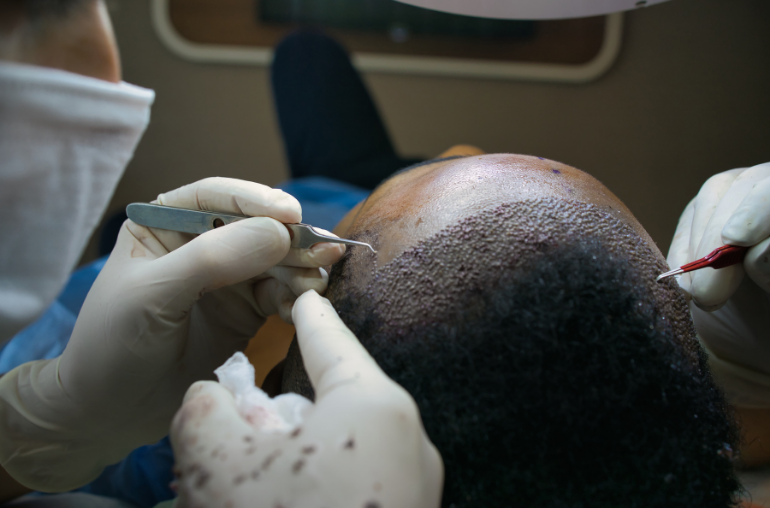
After Hair Transplant: What Can and Cannot Do?
DO’s After a Hair Transplant
- Do inquire from your physician or nurse about which medications are appropriate for you to take.
- Do apply ice to the area right above the brows to reduce swelling, which usually happens on the third or fourth day of a hair transplant.
- DO use a gentle conditioner on your scalp to ease itching.
DONT’s After a Hair Transplant
- Sleeping on your stomach or hand, or rubbing your fresh hairline on a cushion, is not recommended.
- Don’t be shocked if you feel swelling after surgery, particularly on the third and fourth day.
- Ice should not be applied to the transplanted regions of the scalp. You should keep your hands away from these fields.
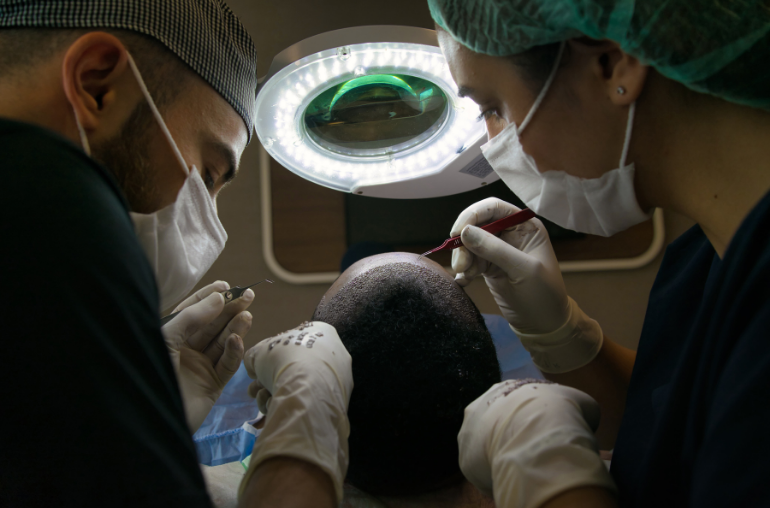
How Do You Sleep After an FUE Hair Transplant?
How you sleep after a hair transplant can affect the eventual outcome of the operation. For the first 5-7 nights, holding your head at a 45° angle. Sleeping flat can cause swelling and damage to freshly transplanted hair, so use a neck pillow instead. You may then choose a more relaxed sleeping spot.
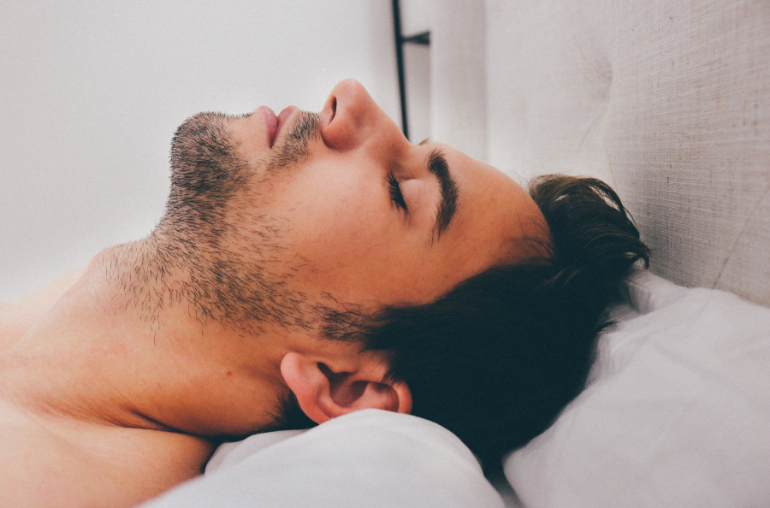
Can I Drink Alcohol After a Hair Transplant?
Consumption of alcoholic beverages is not recommended following a hair transplant. It can hurt blood supply, resulting in poor hair nutrients. Furthermore, it is usually advised that you quit taking it a few days before the surgery. Alcohol thins the blood, which can lead to post-operative bleeding. It’s a good idea to avoid alcohol for at least a week before the procedure and the duration of the treatment period. Choose nutritious foods and beverages with the best outcomes. Since the post-surgery time is so crucial, you can avoid all detrimental influences on the body to speed up healing and improve outcomes.
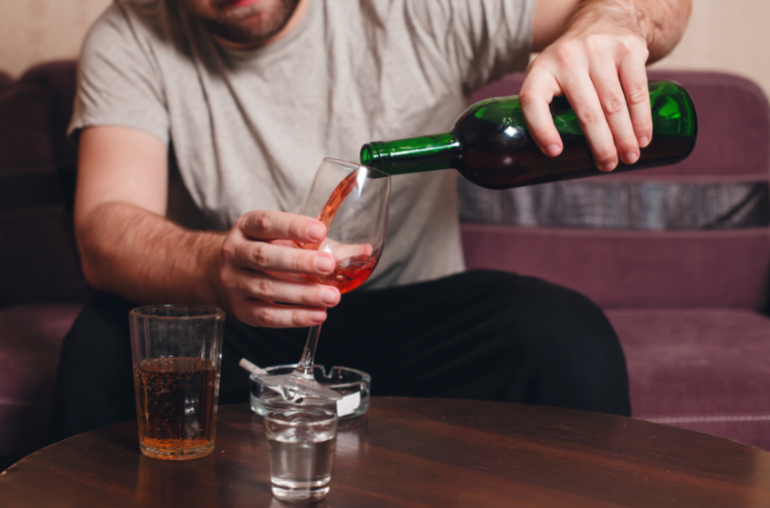
CONSULT DEMAMIRACLE
Post-operative Care for a Hair Transplant: Is it painful?
ACT BEFORE IT’S TOO LATE

FREE CONSULTATION AVAILABLE
Contact Us
